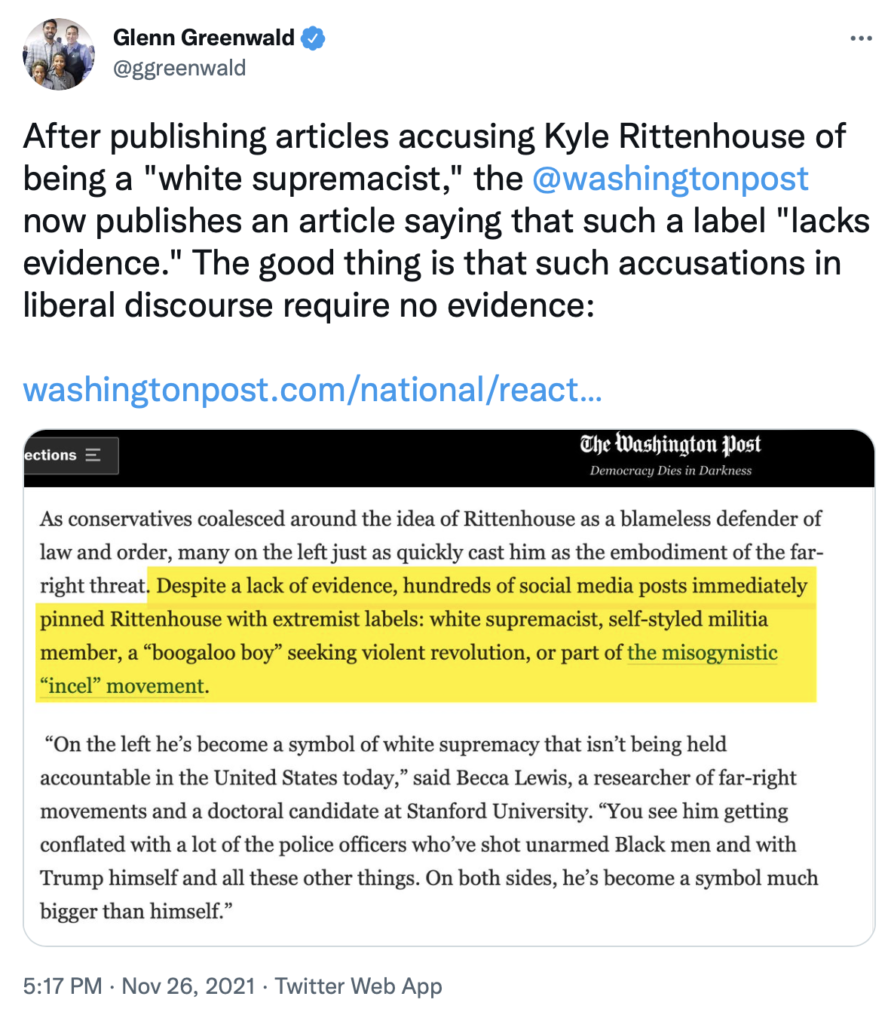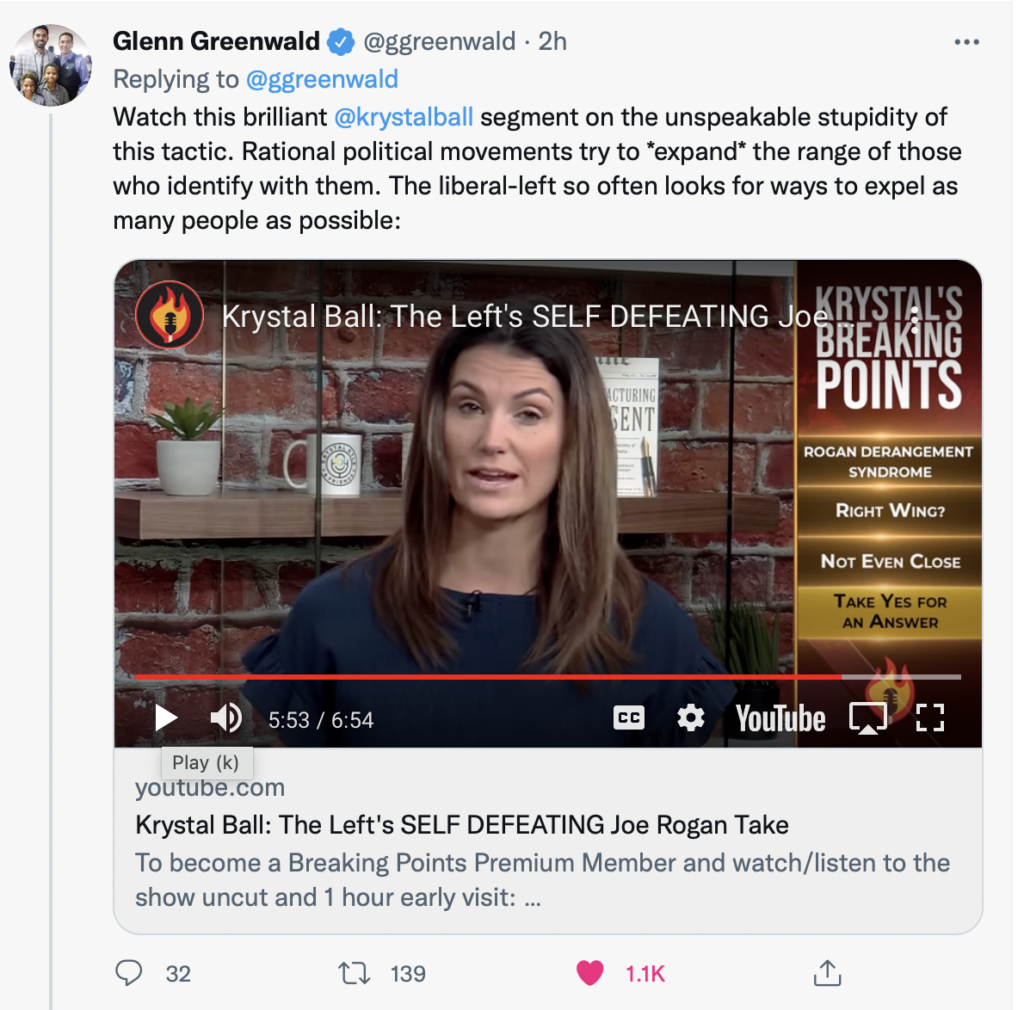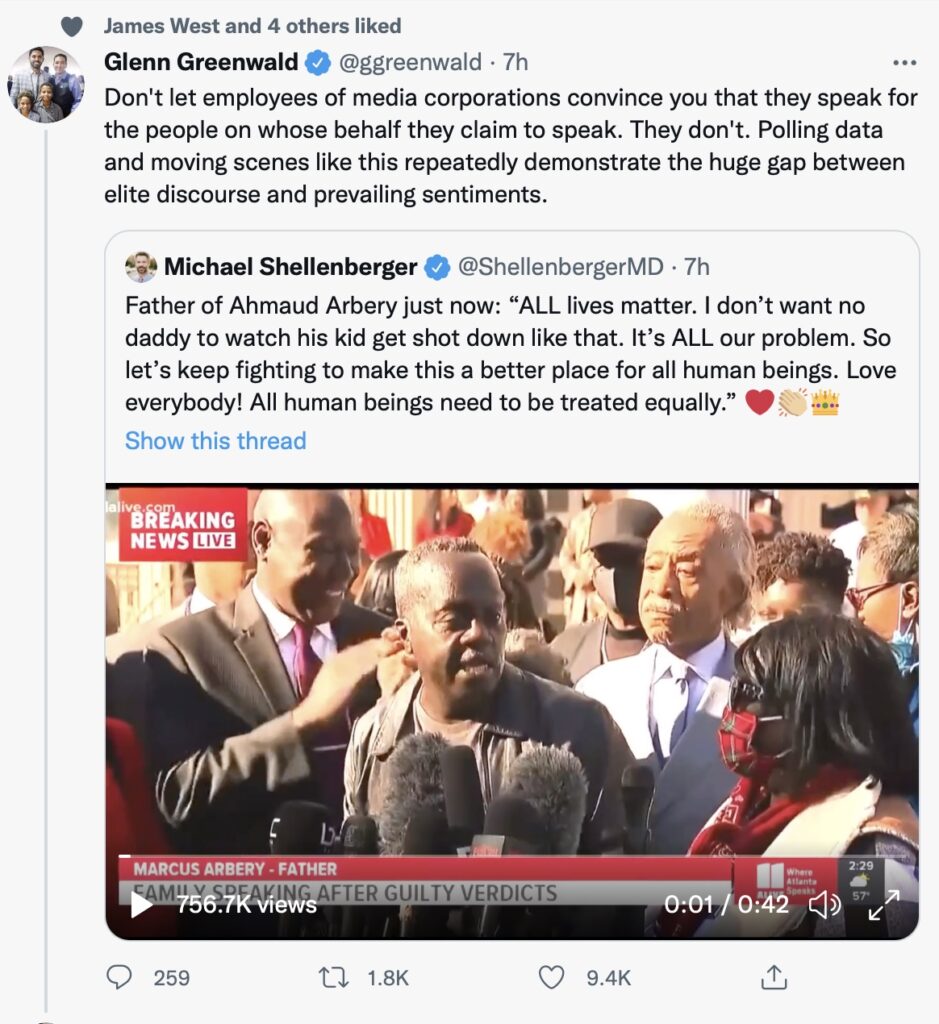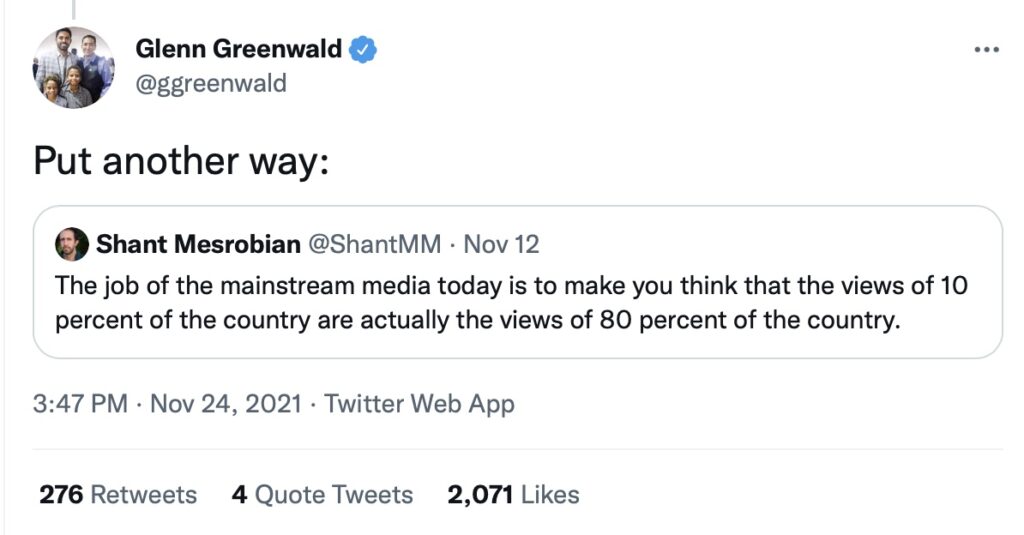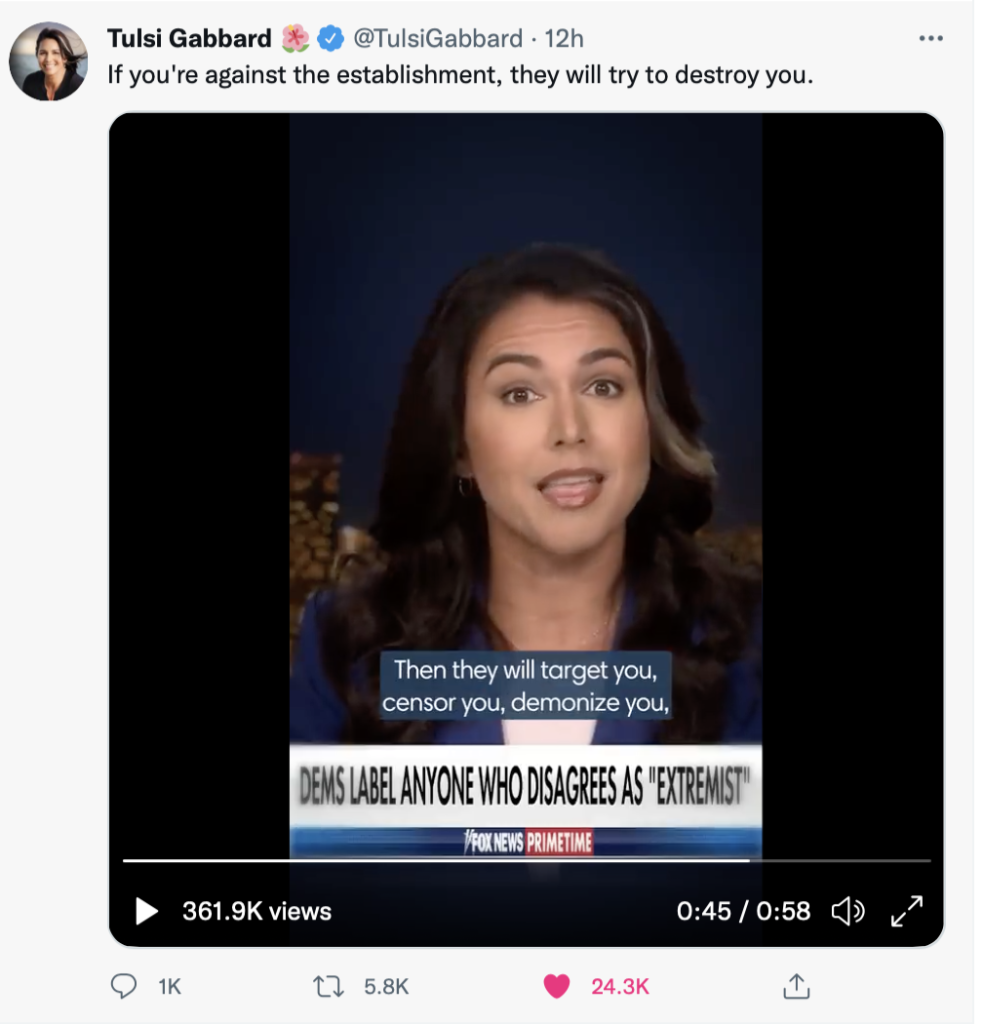Matt Taibbi, writing about Howard Zinn's People's History of the United States:
No matter how interesting a book he or she is able to write, any author who admits to looking out at the world and seeing only “victims and executioners” needs psychological help. Unfortunately, Zinn in this respect turned out to be a pioneer, presaging a generation of comic-book thinkers who understand things in binary terms, forever preoccupied with cramming people in neat categories of oppressors and oppressed.
Such mental habits are the fashion now and will definitely put you in a bind on Thanksgiving. How can I eat turkey and stuffing with a smile, when Columbus massacred the Arawaks? When the English forced the Wampanoags off their land and made many convert to Christianity? When Lincoln told Horace Greeley, “If I could save the Union without freeing any slave, I would do it”?
How? Maybe because you’re more than three years old, and don’t need fairy tales to be real in order to enjoy dinner with family and a football game?
Taibbi's article is "Thanksgiving is Awesome: In reply to the haters. Happy holiday, everyone."
On a more serious note, I read Zinn's book when I was a teenager and it was a much needed shock to my system, given that I had, to that point, been exposed to a steady stream of textbooks and teachers who argued American Exceptionalism. I agree with Taibbi that both of these approaches are simplistic.

